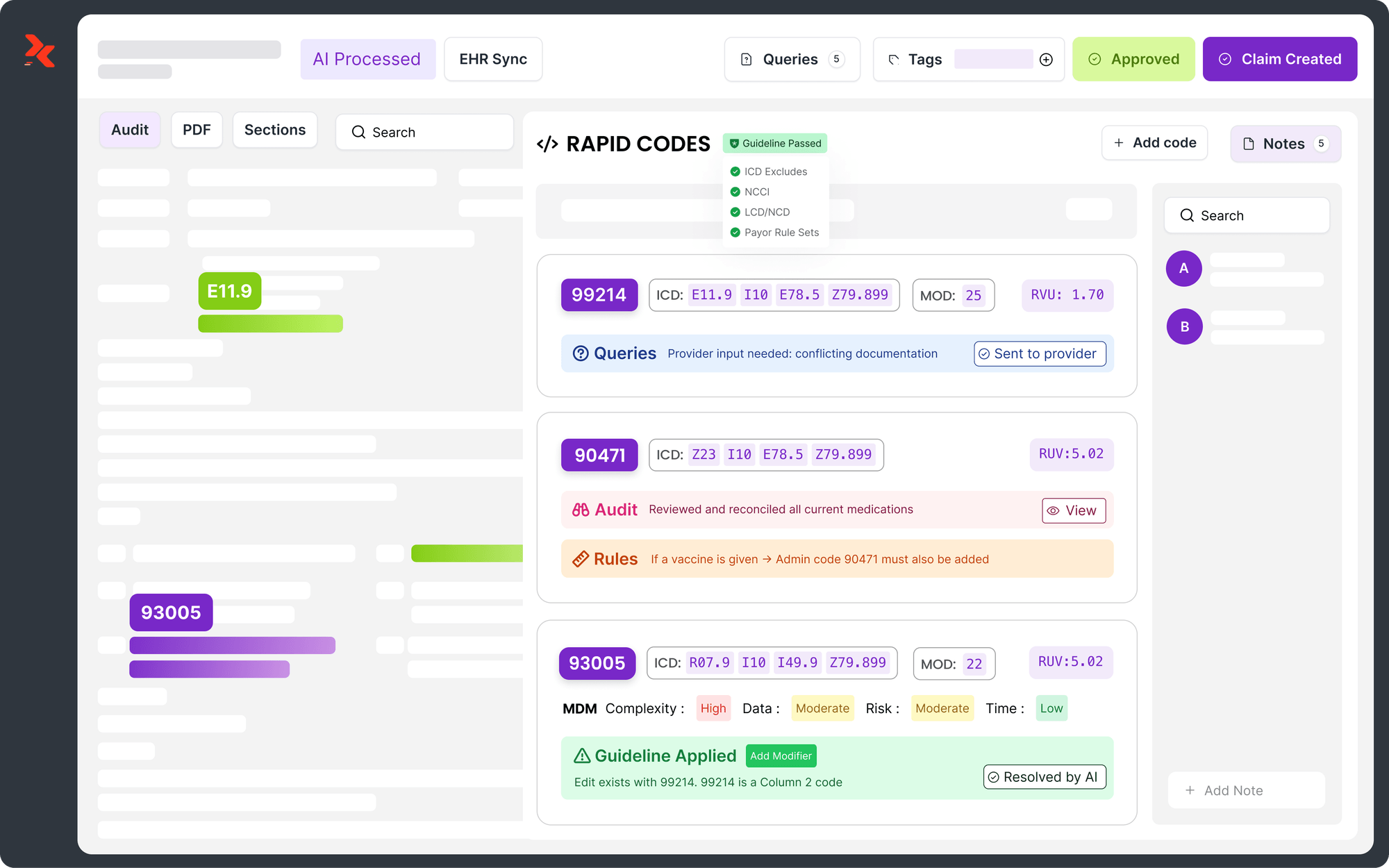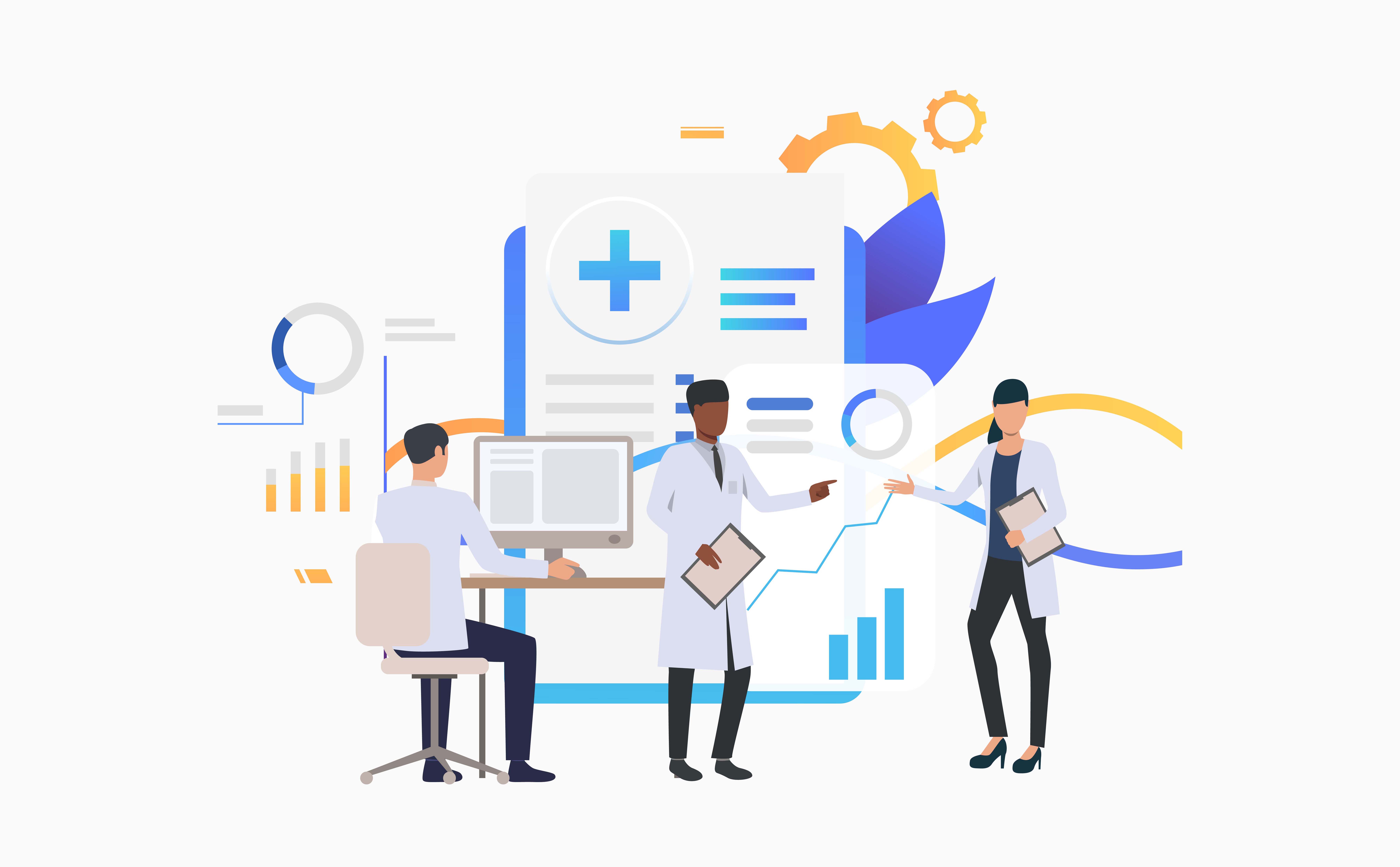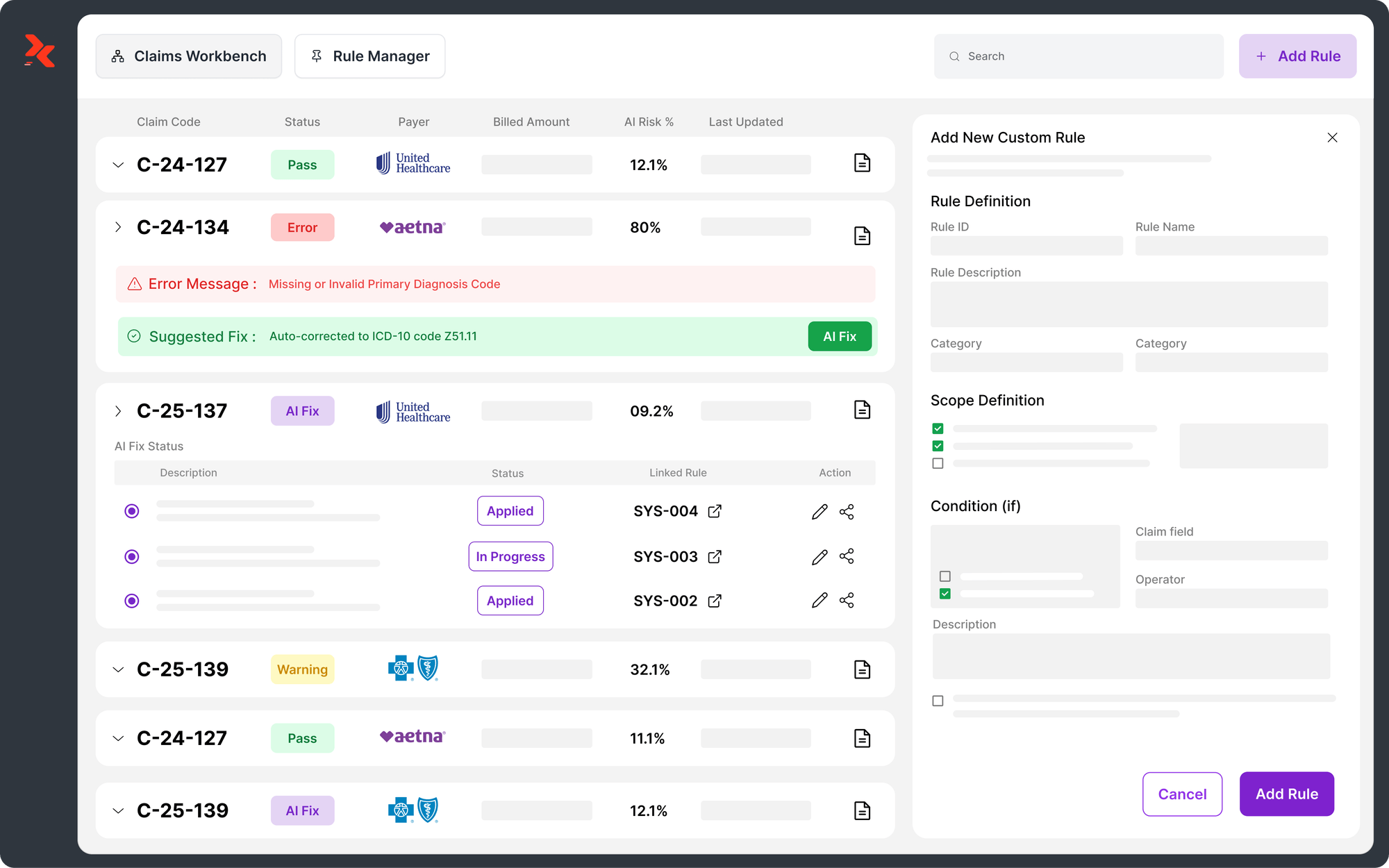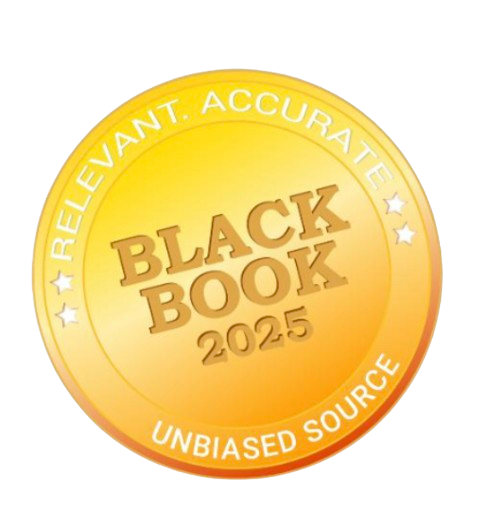Rethinking AI: Your next workplace companion Might Be a Robot
Embracing AI: Your next cubicle companion might be a Robot
Artificial intelligence (AI) is rapidly evolving, moving beyond novelty to mass adoption across different professional fields, including medical coding and billing. This technological advancement promises to reshape careers, and we at Rapid claims feel it will play an integral role in enhancing coder productivity rather than replacing them all together.
AI in Action: Transforming Healthcare Operations

Healthcare institutions are increasingly integrating AI for various functions like patient care, documentation, and other administrative tasks. Making AI's real form far from its Hollywood portrayal of sentient androids; and more akin to advanced systems like IBM's Watson. Where AI systems assist healthcare professionals functioning as sophisticated tools for efficiency and accuracy, rather than the world-dominating entities often depicted in Hollywood narratives
For instance, in a Chicago-based experiment, an AI-enabled Electronic Health Record (EHR) system was programmed to modify patient care schedules, allowing them to sleep longer, which resulted in improved patient outcomes. Similarly Rapid Claim’s AI is also instrumental in detecting and correcting errors in medical coding (payer compliance and miscoding) and clinical documentation. Ensuring providers get complete or greater reimbursements, positively impacting all stakeholders.
The Future of Medical Coding in the AI Era

The narrative of technology rendering human roles obsolete is an old one. The Luddite movement of the 19th century, where workers destroyed machinery that threatened their jobs, is a classic example. However, history shows that technology often reshapes rather than eliminates jobs.
This is evident in the medical coding sector. The introduction of EHR systems, incentivised by the HITECH Act, initially sparked fears among medical coders about being replaced by machines. However, contrary to these fears, the demand for medical coders increased. They played crucial roles in setting up EHR systems, auditing claims, and improving clinical documentation. The medical coding field, since the inclusion of EHR’s, seen significant growth with the demand for coders tripling and expected to continue growing. Technology did not replace, but rather shifted the role people played in the RCM process.
As we at Rapid Claims look ahead, we envision a similar story playing out. A harmonious relationship between AI and human experts in medical coding. AI would bring to the table unparalleled efficiency and the ability to handle large volumes of data. Whereas humans would bring nuanced and contextual understanding of patient cases, helping harness the true power of AI in Medical Coding. The future, as we see it, lies in this use of human insight and AI's scale.
AI and Revenue Cycle Management: A Synergy

- Computer-assisted Coding (CAC): Originally aimed at automating the entire coding process, CAC now aids in tasks like assigning modifiers and identifying errors, allowing coders to focus on more complex aspects.
- Computer-assisted Physician Documentation (CAPD): This technology is integrated into EHRs to guide providers in enhancing their clinical documentation, ensuring it accurately reflects patient conditions.
- Record Reconciliation and Care Transition Analysis: AI tools that efficiently manage patient records, identifying discrepancies and aiding in quality measurement. They also help in detecting billing irregularities, thus improving medical coding and billing processes.
- Scribing: AI scribers alleviate the burden of documentation from healthcare providers, ensuring complete and accurate data entry into EHRs.
Now there is AI and Machine learning in Medical Coding.
Adapting to Change: The Path Forward

Overall the transition to AI-driven systems requires adaptability. Medical transcriptionists displaced by AI and EHRs are finding new roles in coding and related fields. The key to thriving in this evolving landscape is to embrace change and continuously seek learning and growth opportunities.
For instance, Tom Lawry, a leading AI transformation advisor, highlights how AI is beginning to reduce administrative burdens on physicians. He introduces the concept of "keyboard liberation," where AI minimises physicians “time being a data entry clerk”, allowing them to focus more on patient care. This shift not only eases the workload but also tackles the cognitive overload from the rapid growth of medical data. Lawry underscores the need for healthcare leaders to adapt by gaining a basic understanding of AI and its applications in medicine, emphasising the importance of digital upskilling for effective management in this new era of healthcare technology.
Medical coders need to do the same. They need to understand the importance of digital upskilling, and learn relevant skills. We at RC feel, medical coders, will steadily move from writing codes themselves to becoming auditors of AI generated codes. Allowing them to code30-40 charts an hour from 5-10 per hour.
Seizing New Opportunities
The transformation brought about by AI opens up new roles and opportunities. Rather than resisting change, embracing it and continuously learning is the way forward. At Rapid Claims, we foresee a future where medical coders evolve into strategic auditors, consultants, and data analysts, as AI and NLP solutions automate more of the coding process. This evolution will demand a new set of skills and perspectives.
- Data Analysis and Insights Generation: Coders can leverage their expertise to analyse data trends and provide insights, on ways providers could improve operations leading to better reimbursement and better care.
- AI System Training and Optimisation: Coders with an understanding of both the medical field and AI principles will be invaluable in training AI systems
- Development of Personalised Coding Solutions: Coders can collaborate with AI developers to create customised coding solutions tailored to specific healthcare environments or specialities
Conclusion

In conclusion, AI in the workplace, especially in fields like medical coding, is not a threat but an ally. It requires a shift in perspective and a willingness to adapt and grow alongside technological innovations. This shift is not just about embracing new tools but also about recognising the evolving nature of work and the opportunities that come with it. As the landscape of medical coding and billing changes, professionals in the field will find that their roles become more critical and nuanced. The future of work in the age of AI is not a dystopian vision of joblessness, but rather a promising horizon of new skills, roles, and collaborations.
This transformation extends beyond the immediate tasks at hand. It involves a deeper understanding of how AI can complement human skills, creating a harmonious working relationship where machines and humans play to their respective strengths. For instance, AI's data processing capabilities, combined with the nuanced understanding and experience of medical coders, can lead to more efficient, accurate, and streamlined workflows.
Furthermore, the integration of AI into healthcare goes beyond coding and billing. It paves the way for innovative healthcare solutions from personalised patient care plans to predictive analytics for disease outbreaks. Opening up new fields of study and specialisation for those in the medical profession, creating exciting new career paths and opportunities for growth and development.
In the face of these changes, ongoing education and skill development become crucial. Professionals need to stay informed about the latest advancements in AI and how they can be applied in their work (follow us for more). Networking with peers, attending workshops and conferences, and pursuing relevant certifications can help individuals stay ahead in this rapidly evolving field.
Finally, embracing AI also means recognising and addressing the ethical implications of technology in healthcare. Issues like data privacy, security, and the potential for biases in AI algorithms need to be thoughtfully considered and managed (humans will play an integral role here). As AI becomes more ingrained in healthcare, professionals will play a pivotal role in ensuring that these technologies are used responsibly and for the greater good of patients and the healthcare system as a whole.
Interested in integrating AI into your medical coding process? Reach out to us to explore how our cutting-edge solutions can enhance your workflow and efficiency.
Rejones Patta
Rejones Patta is a knowledgeable medical coder with 4 years of experience in E/M Outpatient and ED Facility coding, committed to accurate charge capture, compliance adherence, and improved reimbursement efficiency at RapidClaims.
Latest Post
Top Products

%201.png)








